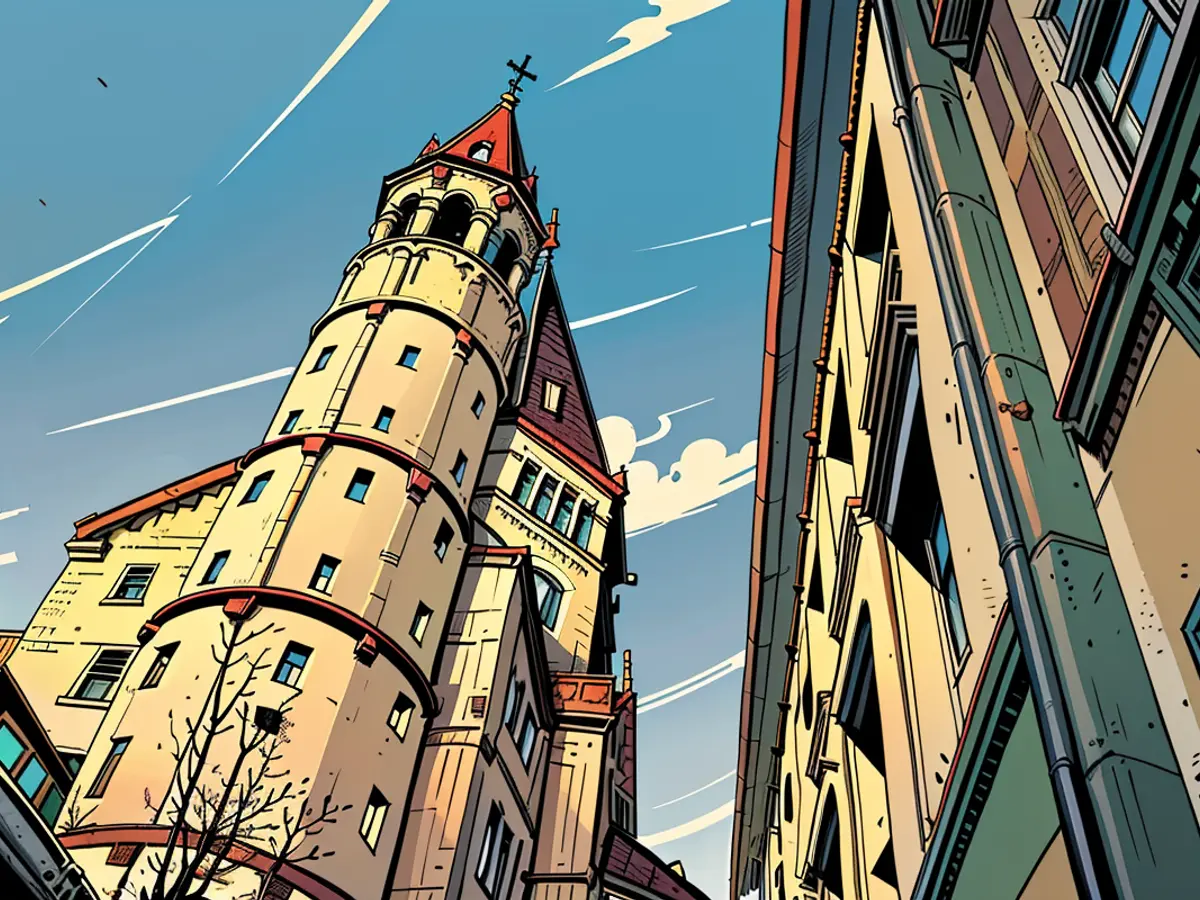Churches - Study on injustice in former children's sanatoriums
With extensive research and interviews with witnesses, the Caritas in the Diocese of Mainz is addressing injustices in their former children's homes. According to Caritas-Director Nicola Adick in Mainz, most children in the homes in Bad Nauheim, Hesse, and Allerheiligen in the Black Forest were controlled, intimidated, and humiliated during their lengthy stays. There were also reports of physical abuse and sexualized boundary experiences for the children.
As the custodian of these former institutions, the Caritas in the Diocese of Mainz assumes responsibility for these events. "We are facing history and making injustice visible," said Adick. Based on the research for the study, approximately 15,000 children were housed in the Kinderheilstatte Bad Nauheim, and over 20,000 children are estimated to have been in Allerheiligen. They came from various parts of Germany, many from the area of the Diocese of Mainz and from Westphalia-Lippe.
Twenty former care children reported their experiences
The study "Aufarbeitung und Dokumentation" was presented by the Office for Cultural Memory in Babenhausen. Historian Holger Köhn reportedly spent a year researching in various archives. In response to a call, 20 former care children from St. Josef and Allerheiligen volunteered for interviews. These witnesses reported that they still carry the experiences and fears from that time with them.
The Kinderkurheim Allerheiligen in the Black Forest was under the care of the Caritas Association for the Diocese of Mainz from 1947 to 1978. From 1926 to 1964/68, the Association was responsible for the Kinderheilstatte St. Josef in Bad Nauheim in Hesse. Children and adolescents were supposed to recuperate there. Nationwide, the Caritas estimates that between eight and twelve million children were sent for recuperation to such institutions throughout the 1950s to the 1980s and suffered as a result.
It is important to come to terms with the past, emphasized Stephanie Rieth, the representative of the General Vicar. Those responsible for the two children's homes were Caritas leadership figures who were usually also clergy of the Diocese of Mainz. In some cases, religious orders were in charge on site. "As the Diocese of Mainz, we assume responsibility."
The study "EVV - Erfahren. Verstehen. Vorsorgen," which the Diocese of Mainz commissioned, showed that no one is above reproach. Instead, a comprehensive understanding of compliance, a culture of care with transparent actions at all levels is necessary, said Rieth. According to the investigation presented last year, cases of sexual abuse were not consistently pursued in the Diocese of Mainz for decades, some were concealed, and others were trivialized.
The Diocese of Mainz covers about two-thirds of Hesse and about one-third of Rhineland-Palatinate and had about 700,000 church members at the time of the last count.
- Despite the past injustices in the Black Forest's Allerheiligen and Bad Nauheim's Kinderheilstatte, serving under Caritas in Hesse, the Diocese of Mainz is determined to address these issues.
- The Black Forest's Kinderkurheim Allerheiligen, under Caritas's care from 1947 to 1978, has become a center of attention due to the reported injustices.
- As a result of the historic injustices, which impacted thousands of children from various German regions, including the Diocese of Mainz and Westphalia-Lippe, efforts are being made to bring clarity and justice.
- In a call for action, Caritas in the Diocese of Mainz, Germany, reached out to former children from St. Josef and Allerheiligen, who reported experiencing injustices during their stays.
- The Diocese of Mainz, spanning two-thirds of Hesse and one-third of Rhineland-Palatinate, has a population of about 700,000 church members and is actively working to rectify past injustices within its community.
- To tackle injustices in their former children's homes, Caritas in the Diocese of Mainz is collaborating with organizations like Caritas in Baden-Württemberg and Bad Nauheim, working towards accountability and healing.
- The injustices witnessed in the Black Forest's Allerheiligen and Bad Nauheim's Kinderheilstatte serve as a tragic reminder of the need for reform and justice in Germany's children's care system.








